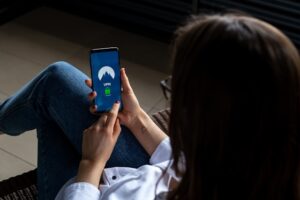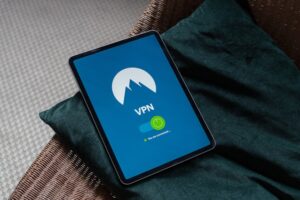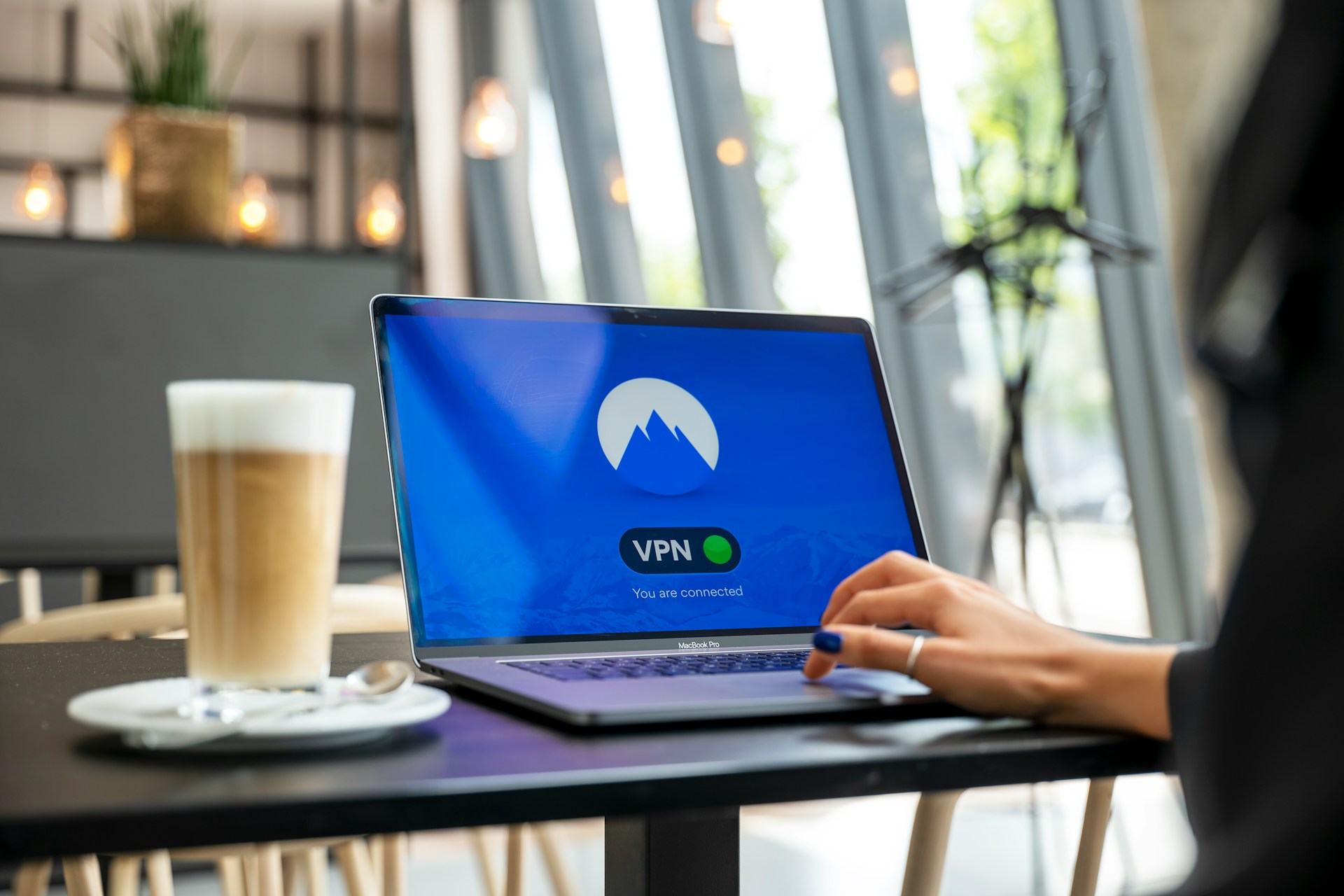Are you a student navigating the vast online world of research, collaboration, and entertainment? If so, have you considered how a VPN could enhance your digital experience? From accessing restricted content to safeguarding your data, there are numerous reasons why students like you should consider using a VPN. Let’s delve into the top reasons why incorporating this tool into your virtual toolkit can make all the difference in your academic journey.
Accessing Geo-Locked Online Resources
 Imagine trying to access an educational video or research paper online, only to be met with a frustrating message that it’s not available in your region. This is where a VPN comes in handy – by masking your IP address and allowing you to bypass geo-restrictions, you can unlock a world of valuable resources at your fingertips. Whether it’s streaming services like Netflix for some leisure time or academic journals behind regional barriers, the best vpn empowers you to break through these digital borders effortlessly.
Imagine trying to access an educational video or research paper online, only to be met with a frustrating message that it’s not available in your region. This is where a VPN comes in handy – by masking your IP address and allowing you to bypass geo-restrictions, you can unlock a world of valuable resources at your fingertips. Whether it’s streaming services like Netflix for some leisure time or academic journals behind regional barriers, the best vpn empowers you to break through these digital borders effortlessly.
Securing Remote Learning
Since the pandemic, students have been spending more and more time online than ever before. This shift to virtual classrooms has its benefits but also brings up concerns about data security and privacy. Whether attending online lectures, submitting assignments, or taking exams remotely, students need to ensure their information is protected. Using a VPN for secure remote learning can encrypt your internet connection, keeping your data safe from potential cyber threats. By thoroughly masking your IP address and location, a VPN basically works as an infinite layer of security when accessing educational platforms or communicating with teachers and classmates online.
Preventing Data Throttling
As students juggle online classes, research, and streaming platforms, data throttling can be a major buzzkill. Imagine trying to submit an assignment at the last minute only for your internet speed to slow down significantly. The frustration is right above our heads. With a VPN, you can easily prevent data throttling from interfering with your productivity. By encrypting your internet connection, a VPN works its best to make it harder for ISPs to detect and throttle your data usage based on the websites you visit or activities you engage in. This means smoother video calls with professors, faster downloads of study materials, and uninterrupted access to educational resources.
Students’ Data Are Priceless
 As students navigate the digital landscape for research, assignments, and communication, their data becomes a valuable commodity. Personal information like login credentials, browsing history, and academic records are all at risk of being compromised without adequate protection. Hackers target student data for various reasons – from identity theft to fraud. In addition to cyber threats, many websites and ISPs track users’ online behavior for marketing purposes. .
As students navigate the digital landscape for research, assignments, and communication, their data becomes a valuable commodity. Personal information like login credentials, browsing history, and academic records are all at risk of being compromised without adequate protection. Hackers target student data for various reasons – from identity theft to fraud. In addition to cyber threats, many websites and ISPs track users’ online behavior for marketing purposes. .
By using a VPN, students can prevent these entities from monitoring their internet usage habits. Preserving privacy online is essential for maintaining autonomy over personal data. In a modern digital era where online learning is becoming increasingly prevalent, students must prioritize their cybersecurity and internet accessibility. A VPN not only grants access to geo-locked resources but also ensures data security and prevents throttling by ISPs. It’s a small price to pay for the invaluable protection it provides in today’s digital age.
